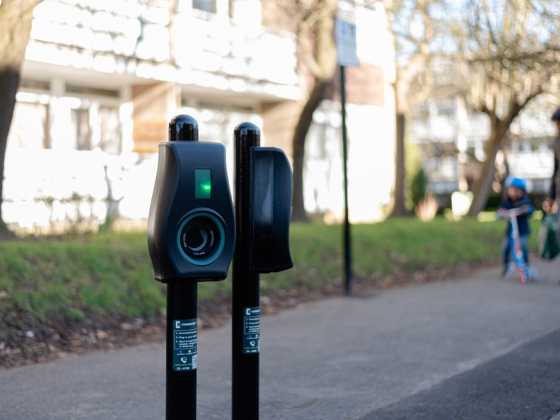Government launches £260m Clean Air Fund

In order to help improve air quality in some of the most polluted areas, funding of over £260 million has been made available.
The UK Plan for Tackling Roadside Nitrogen Dioxide Concentrations was produced by the government in July last year, and outlined that councils with the worst levels of air pollution at busy road junctions and hotspots must take “robust” action in the shortest time possible.
As a result, the government has today (23 March) launched a £220 million Clean Air Fund to minimise the impact of local plans on individuals and businesses.
Local authorities can put the money towards new park and ride services, freight consolidation centres, concessionary travel schemes and improvements to bus fleets.
At the same time, more than £40 million from the £255 million Implementation Fund has been awarded to support local authorities take action as soon as possible to improve air quality.
Twenty-eight local authorities with the biggest air quality challenges will receive £11.7 million to help carry out the work needed to develop air quality plans, including securing resource and expertise
The same 28 local authorities will also receive £24.5 million to support a range of measures to take action locally.
Examples include installing electric charge point hubs in car parks; junction improvements; bus priority measures; building cycle routes; incentivising ultra-low emission taxis through licensing schemes and leasing electric vehicles; and traffic management and monitoring systems.
£2.4 million from the 2017/18 Air Quality Grant will also be put towards local community projects to tackle air quality at a grass roots level.
This comes in addition to £3.7 million already awarded in last year’s Air Quality Grant, which included an award-winning project taken forward by Westminster City Council to provide advice and toolkits for small and medium businesses to reduce transport emissions from deliveries associated with their operations.
£1.65 million will also support the 33 local authorities that have been asked to conduct targeted feasibility studies to identify measures that could bring forward compliance dates within the shortest possible time.
Environment Minister Thérèse Coffey said: “We have been clear that local leaders are best placed to develop innovative plans that rapidly meet the needs of their communities.
“Today’s funding demonstrates the government’s commitment to support the local momentum needed and continue to improve our air now and for future generations.
“Improving air quality is about more than just tackling emissions from transport, so later this year we will publish a comprehensive Clean Air Strategy. This will set out how we will address all forms of air pollution, delivering cleaner air for the whole country.”



